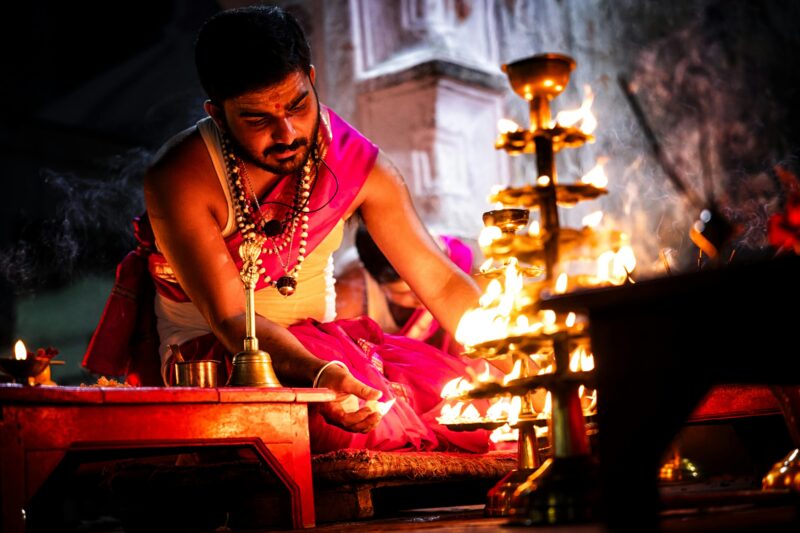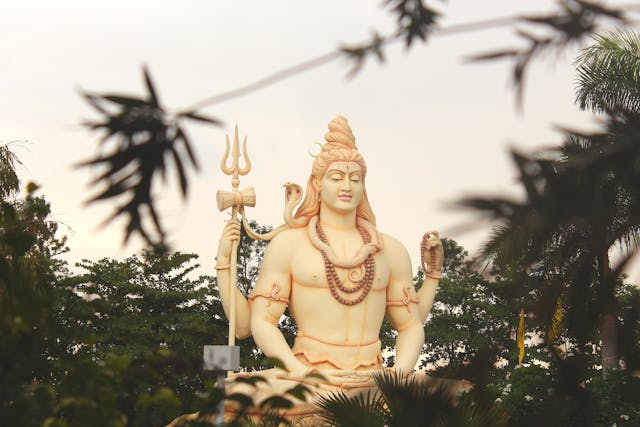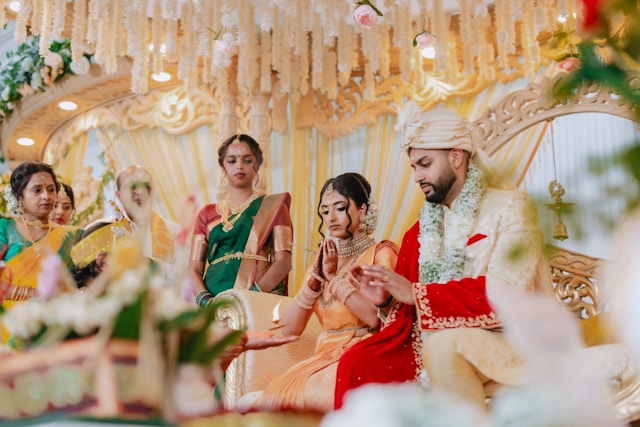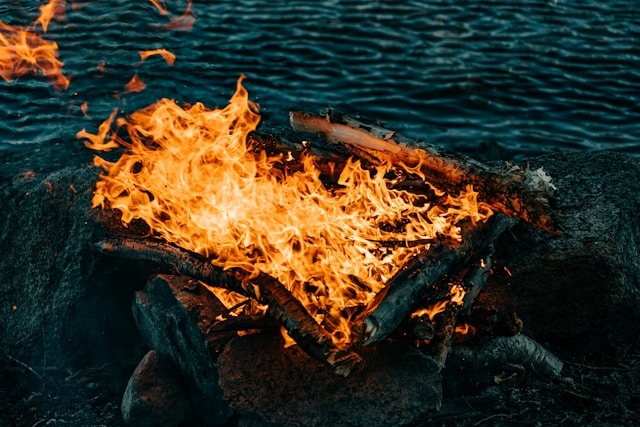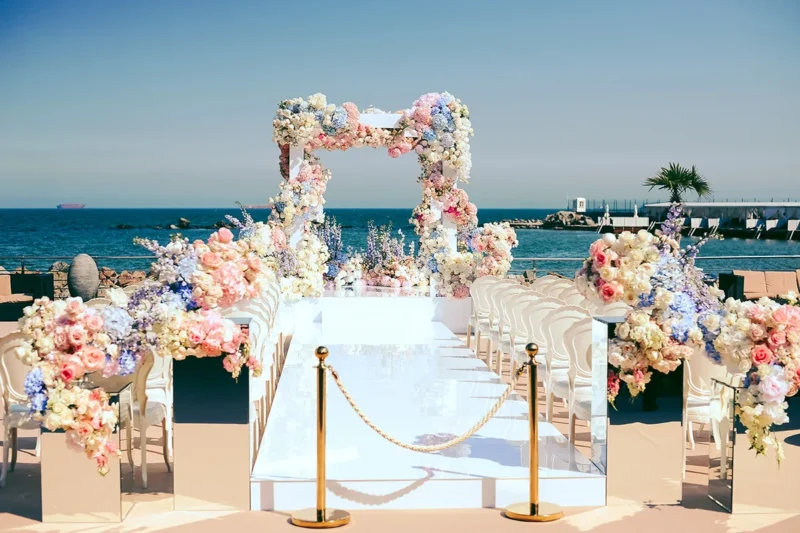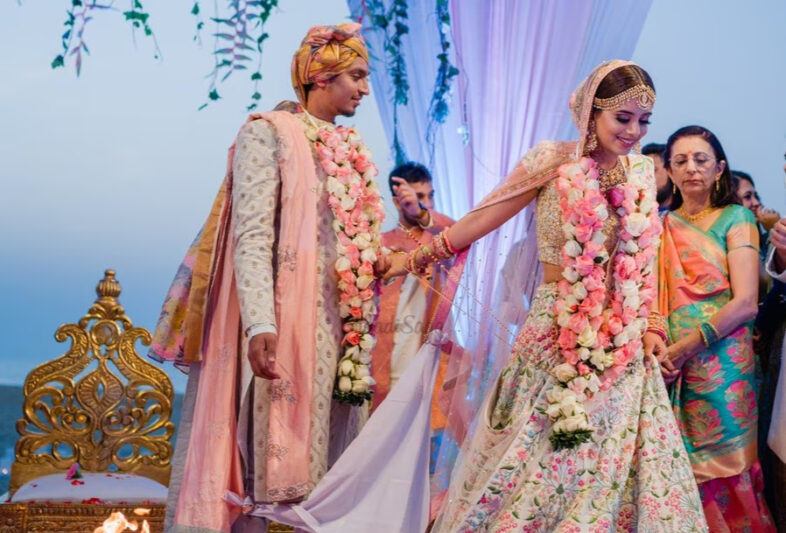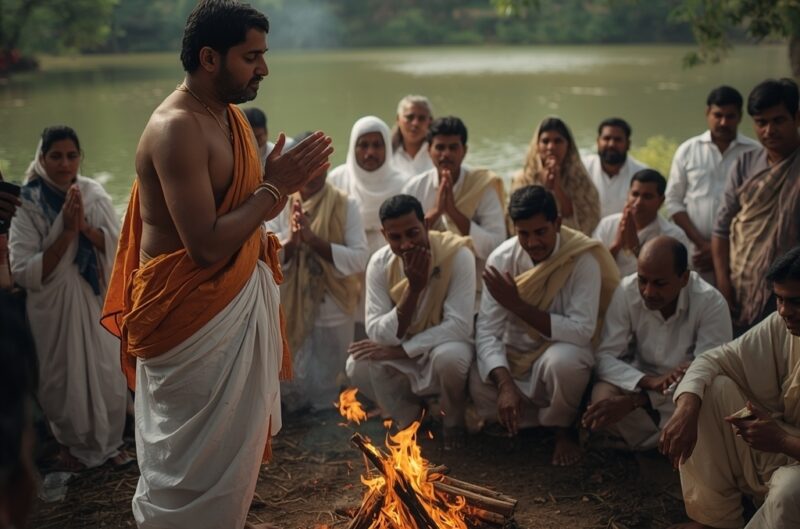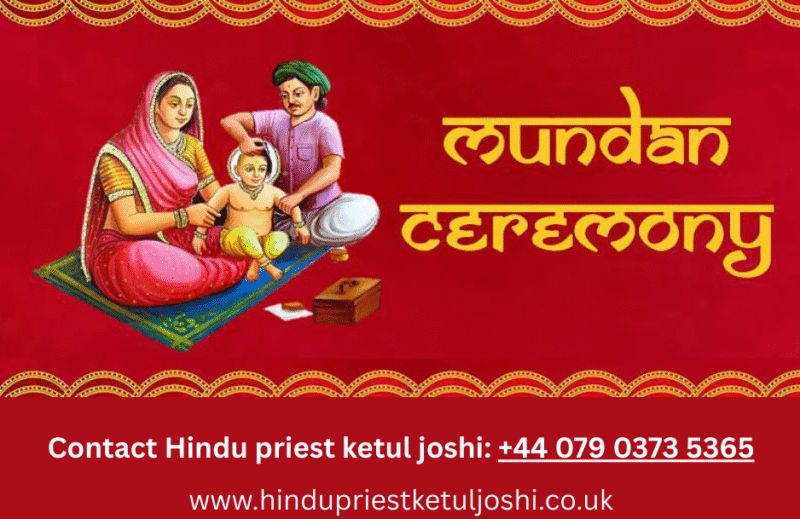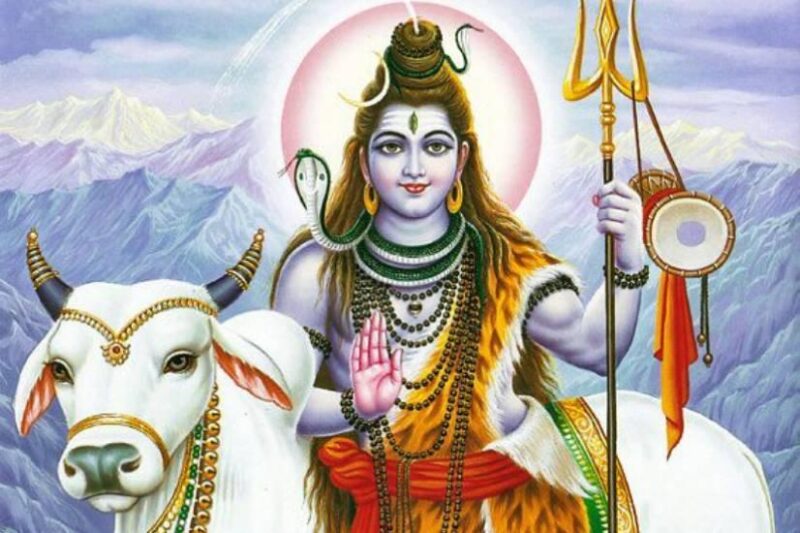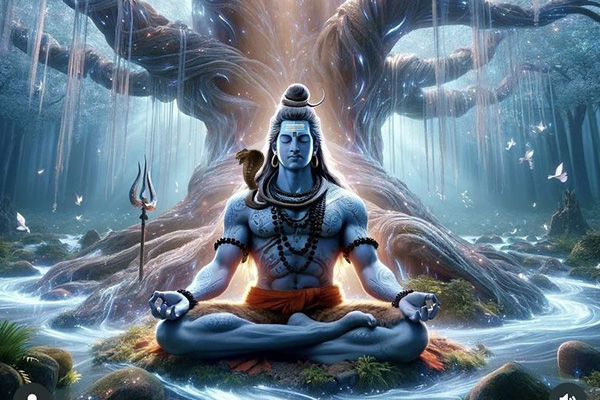Indian weddings

What to Expect at an Indian Wedding!!
From pre-wedding events to traditions and attire, experts share what you’re sure to see in Indian weddings. As one of the world’s most religiously and ethnically diverse lands, India boasts unique, culturally rich wedding ceremonies that run from elegant and sophisticated to beautifully intricate. Part of the complexity stems from the concept that when an Indian couple marries, entire families and communities are involved.
If you’ve been invited to an Indian wedding for the first time you’re in for a great big celebration. because Indian weddings take 4-5 days. Indian weddings, especially Hindu weddings, are steeped in rich traditions.
“Indian weddings have traditionally been considered a marriage of two families, rather than just a marriage of the bride and groom,”
The wedding is typically divided into three parts:
pre-wedding, main, and post-wedding.
The pre-wedding includes all the preparations and a party the night before where each side of the family can meet each other and dance and have fun. An Indian priest/Hindu wedding priest, who has selected the day of the wedding based on the bride and groom’s horoscopes, conducts a prayer with family members to provide the couple with a happily married life.
In Indian weddings, the Mangala Sutra is tied around the bride’s neck instead of exchanging rings. The mangal sutra is a cord with two gold pendants and is tied in three knots by the groom to symbolize the bonding of the two souls for 100 years. This necklace lets others know that the bride is married.
What is the Significance of a Hindu Indian Wedding?
In Indian weddings, according to Hindu beliefs, are made in heaven and once you are married, the bond is supposed to last for seven lifetimes. It is considered to be a turning point in an individual’s life.
A lot of importance is associated with Hindu Indian weddings in Hinduism as it is considered to be one of the most important duties of a man’s life. Through marriage, he is paying his debt to his forefathers, by procreating children and ensuring the continuation of his family’s lineage.
Hindu Indian weddings are a long process with various Hindu wedding rituals that may take days to be executed. Every single custom and practice in a wedding ceremony has deep philosophical and spiritual significance. Throughout the world, Hindus adhere to this set of rituals and continue the traditions of Indian weddings that are unique among those in the world.
How Far in Advance are Hindu Weddings Planned?
If you are planning on having a Hindu wedding or part of the wedding party, you’ll need to know how much of a long-term commitment you’re getting into. A long-term commitment shouldn’t seem so daunting if you’re the bride or groom given the context.
In Hindu wedding rituals/traditions, the date and the time of the wedding have a crucial role to play. For any event to take place, Hindus pre-determine a time and date, which is generally decided by an astrologer or Hindu wedding priest. An auspicious time, which is known as a muhurta, is fixed for the Hindi wedding, using the couple’s date of birth.
The muhurta is calculated by an astrologer or Hindu priest/wedding priest, according to the planetary positions which can say only Hindu priest or wedding priest because he did a study about all astrology. The gotra, or the ancestral lineage, is announced as a Hindu wedding and is not supposed to take place within the same clan or lineage.
Once the muhurta is fixed then starts all the other Hindu wedding rituals/traditions of the Hindu wedding. Wedding venues are fixed, the guest list is made, wedding clothes & jewelry shopping begins, wedding card designs are checkout and catering vendors are looked after.
A Hindu Indian wedding is a big event in the life of the bride and groom. There are rarely small ceremonies or intimate Hindu Hindu weddings. It goes against a lot of the philosophies of the ceremony, so you can expect a big affair.
All the family and extended relatives are invited as well as close friends to the bridal party. Many of the rituals and ceremonies are big parties and celebrations so it makes a lot of sense for there to be a lot of guests. With the couple about to start their new adventure together, what better way to celebrate their new married life than a party?
What to Wear at a Hindu Wedding?
Brighter is better. Don’t be afraid to wear a bold color. This will help you fit in with the Indian guests who’ll be dressed in vibrant colors and eye-catching jewelry. If you don’t have a traditional sari, a jewel-tone dress with a shawl is appropriate too. It is acceptable to wear western formal wear to a Hindu celebration.
For men, suits are acceptable if that is what you are comfortable with. If you wish to wear something more traditional, there are a number of men’s outfits that you can wear. The main two are Kurta Pajamas and Sherwanis.
What will the Food Be Like?
Two of the most common misconceptions about Indian food are that it’s all spicy and it’s vegetarian. In reality, it depends on which state the couple’s families are from. When served in the UK, though, the food tends to be North and West Indian.
There will be both foods during the day and at the evening reception and there are some slight changes in the food options depending on the time.
How Long Does a Hindu Wedding Last?
A traditional Indian wedding can last up to five days, but most last for three days. An overview of the three days is traditionally the following.
1st Day – The Ganesh Puja performed by a Hindu wedding priest/wedding priest is known as the Mandap Muhurat & Pithi. This is often followed by a Mendhi night/Sangeet night. if you are looking for the best Hindu wedding priest/Indian wedding priest in Uk then you are just one call away: +44 079 0373 5365.
2nd Day – Grah Shanti which is also called a Sathak/Mandvo or Mameru ceremony
3rd Day – Wedding celebration and usually an evening reception
On the first day, a Hindu wedding priest will often perform the Ganesh Puja, a ceremony that usually happens at home with only the couple, the bridal party, and close relatives in attendance. In all marriages, Ganesh Puja signals the start of the rest of the wedding rituals or Indian wedding ceremonies. The family and Hindu wedding priest Uk/Indian wedding priest will offer a prayer to Lord Ganesh, requesting peace and harmony to prevail during the ceremony. Lord Ganesh’s blessings are sought for an auspicious beginning for the couple.
Another thing that occurs on the first or second day is the mehndi ceremony. For this, the bride and her female friends and family members will have intricate henna patterns drawn on their hands and feet. That evening, the sangeet takes place. Every Indian wedding guest is usually invited and it can involve the introduction of the couple’s families, mingling, a meal, and dances or other performances.
On the third day, the main wedding ceremony, and reception take place. You may be invited to the last day of the events or to any part of the three-day celebration.
The Hindu Indian Wedding Rituals and Ceremonies
As mentioned above, there is at least three days’ worth of celebrations to undertake at a Hindu wedding. The precise details and rituals performed in a wedding ceremony vary from region to region and often take several hours to complete. A brief introduction to the stages of a Hindu wedding ceremony is below, for more specific details please read our article on ‘Hindu Wedding rituals/Traditions:
The Baraat / The Jaan
Pokwanu – Welcoming of The Groom
Ganesh Puja
Vaarpooja
Kanya Aagman – The Arrival of the Bride
Granthibandan and Varmala
Kanyadan
Havan
Mangal Fera
Saptapadi – The Seven Steps
Sindur & Mangal Sutra
Akhand Saubhagyavati – Blessings From Married Women
Aashirwad
Vidaai
End of the Ceremony
Who is the head of the household?
Some families include the Aeki Beki in the newlyweds’ homecoming. This is where a similar mixture of milk and vermillion is made in a bowl and filled with coins and a ring. The couple takes turns searching for the ring and whoever finds it four out of seven times will become the head of the household. The wedding day is finalized with prayers seeking love and happiness for the newlyweds.
After the ceremony comes the wedding reception. This has a completely different feel to the ceremony itself. It’s essentially a fun party! It will be full of Bhangra, English/Western, and Bollywood songs to dance to.
